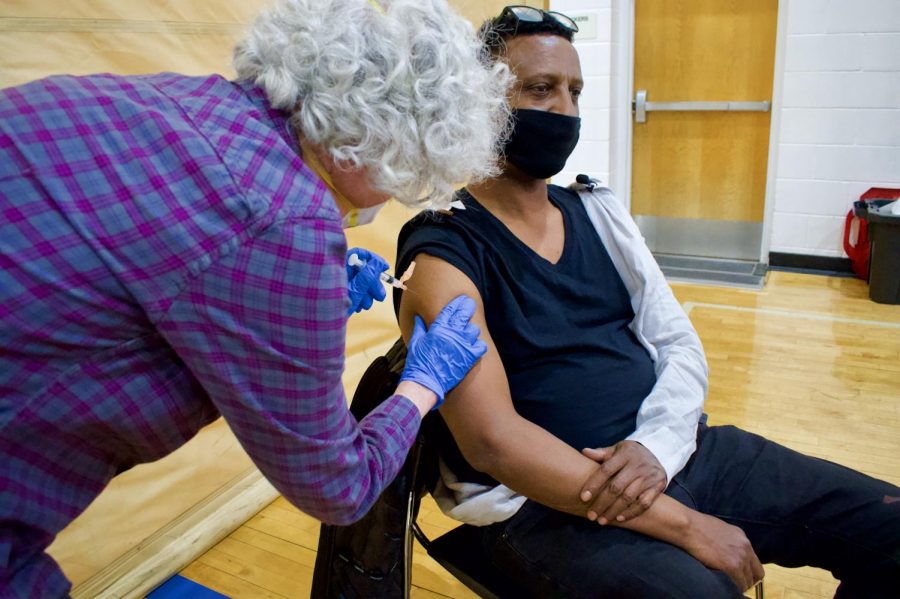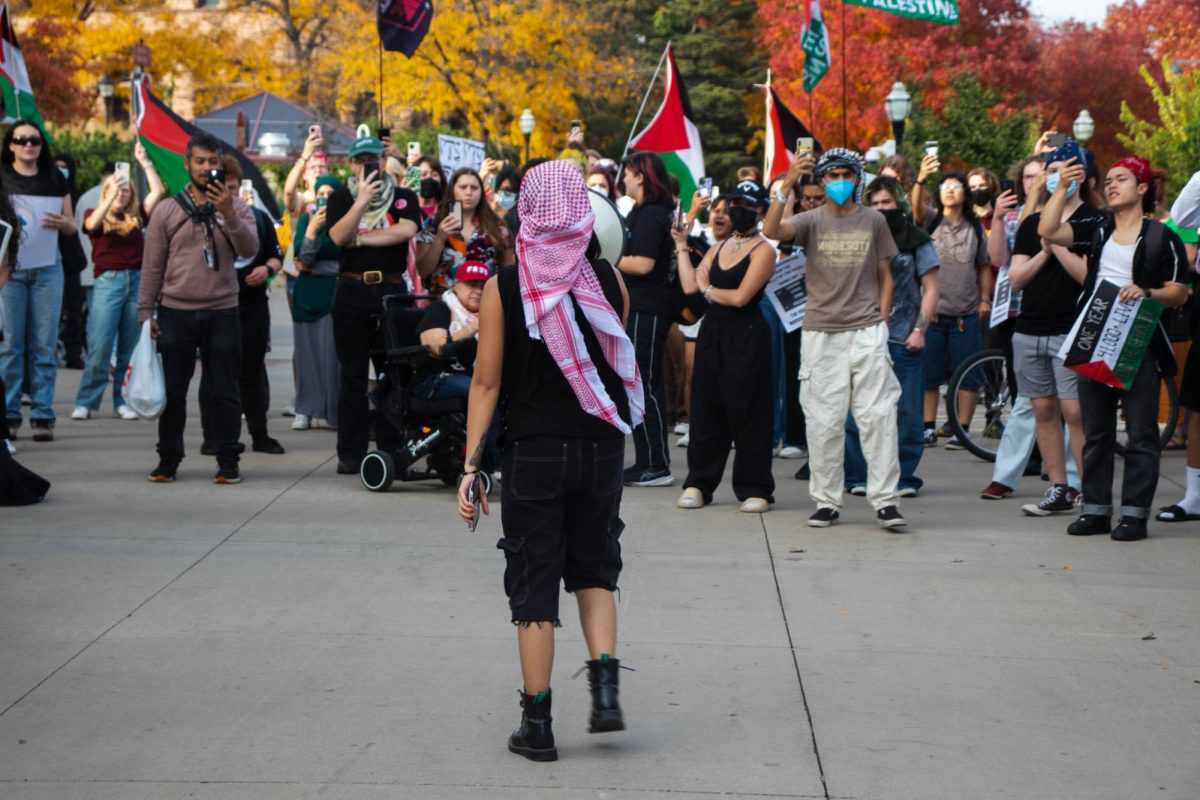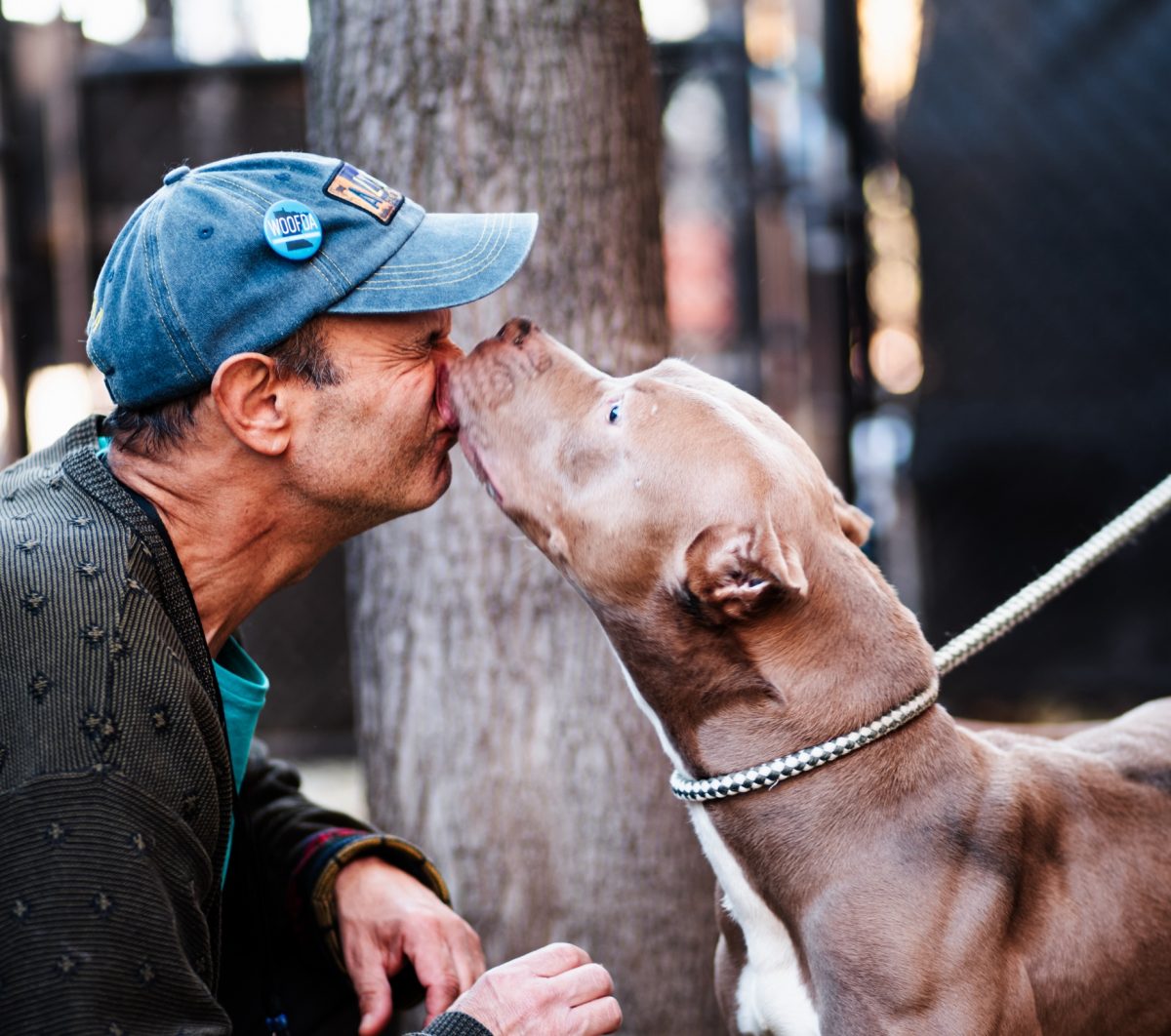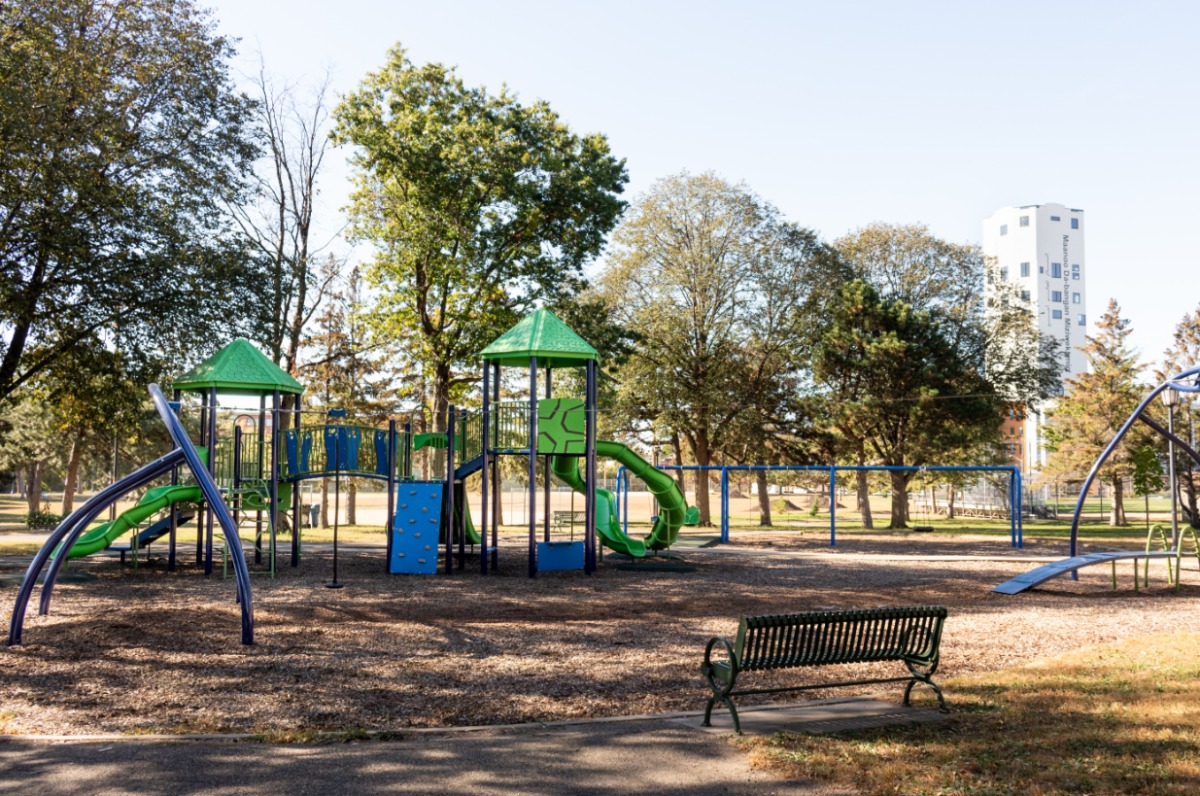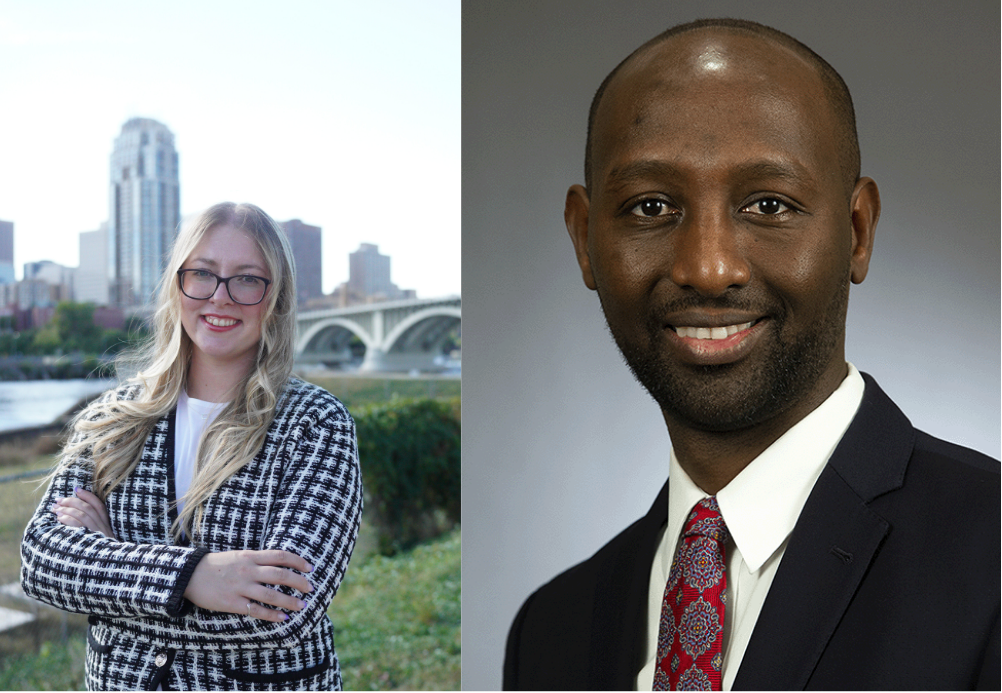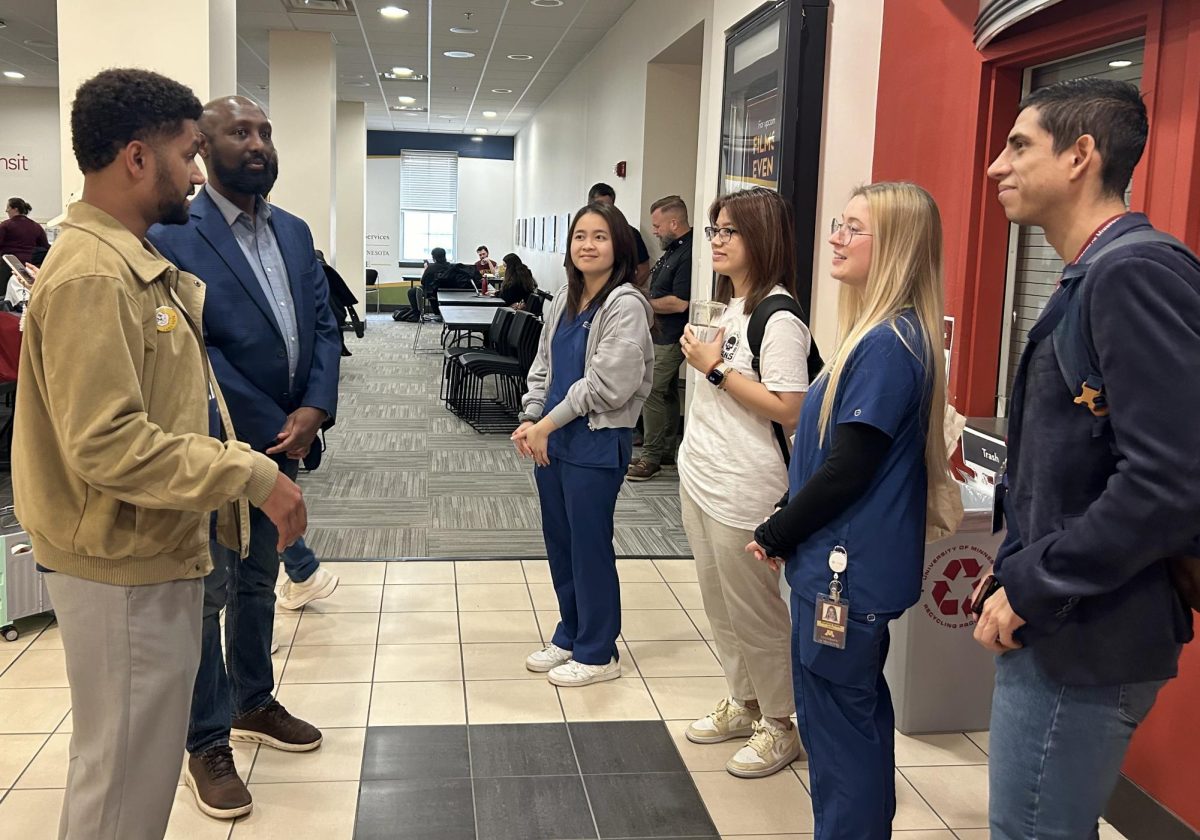Television crews crowded around radio host Abdirizak Bihi Friday as a nurse injected him with a COVID-19 vaccine. Bihi, a community leader in Cedar-Riverside, said it was important for him to show his neighbors that the inoculation is safe.
Bihi was a key figure in a clinic hosted by the Brian Coyle Center to help promote the vaccine to the East African community. Several community leaders, including an assistant imam, received vaccinations and talked about it on local TV programs to encourage others to do the same.
“If [East African neighbors] are anxious about something, and they actually see the leaders and if the leaders or the imams do it, then it’s okay to do it. It’s safe,” Bihi said.
Nurses from Cedar-Riverside’s People’s Center clinic vaccinated 40 neighbors from 1-4 p.m., and they will come back every Friday to distribute vaccinations at the Coyle Center “as long as we see the need,” said Paula Guinn, chief advancement officer with the People’s Center.
Residents can call the Coyle Center or come in person to set up an appointment to receive the vaccine. Vaccines are good for six hours after the bottle is opened, so Guinn said she needs to bring the exact amount that they will use to make sure none go to waste.
Guinn said that in a typical day they distribute about a hundred doses.
After a lot of success with testing at the Coyle Center in the summer and fall, they felt the community hub would also draw in many neighbors for vaccinations, she said.
“Testing over here went well,” Brian Coyle Center director Amano Dube said. “And let’s now do the vaccine … and make it easy for the community to walk over to the place they go all the time.”
Dube added that some members of the East African community are hesitant to receive a vaccine because of negative misinformation circulated through social media and word-of-mouth. He said as they hear good things from neighbors and relatives that receive it, they become more willing to get a dose themselves.
Some of the hesitancy also comes from “the history of treating BIPOC folks poorly in the field of medicine,” said Dave Alderson, co-executive director of the Cedar-Riverside Community Council (CRCC). He added that access is also an issue, but setting up a clinic in the Coyle Center helped make the vaccine available in a familiar location.
The CRCC went door-to-door, made flyers and called residents to advertise the event. Alderson said he hired two people to increase promotion for the weekly clinics this spring.
“The focus for us right now is on working in collaboration with People’s Center and Coyle to fill up the available slots that the People’s Center Clinic can accommodate,” Alderson said.
Guinn said People’s Center representatives will visit nearby mosques and partner with the imams to further encourage vaccinations.
Throughout the state, vaccinations for Black Minnesotans and other racial minorities trail behind those of the white population, according to the state’s March 6 vaccine data.
Black or African American residents make up 6% of the population but account for 3.5% of vaccinations. In comparison, about 82% of Minnesotans are white, but they received nearly 91% of the vaccinations.
Hennepin County officials have relied on new strategies such as working with about 25 “trusted messengers” — residents who are well respected within their community — to reach BIPOC and immigrant populations.
“You want an engagement team that is reflective of the community that we’re trying to reach,” said Kelsey Dawson Walton, division manager of the county’s engagement services.
Dawson Walton said the county has worked with trusted messengers and various media outlets to distribute health information and more than 360,000 face masks in the county within the past year.
Bihi and Imam Sharif Mohamed, from the nearby Dar Al-Hijrah Mosque, are trusted messengers in Cedar-Riverside. They help estimate the neighborhood’s need for things like masks and hand sanitizer, said Zam Zam Ali, Hennepin County engagement lead for the East African community.
“We’re very involved over there. Sometimes people will be like, ‘Oh, there’s a lot of focus on that area,’” Ali said. “But it’s because there’s a lot of people that live over there and … there’s a lot of leaders that are reaching out to us and asking for the resources.”


